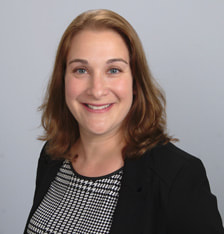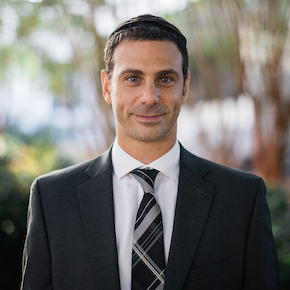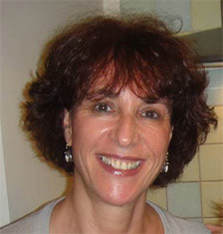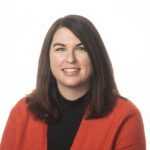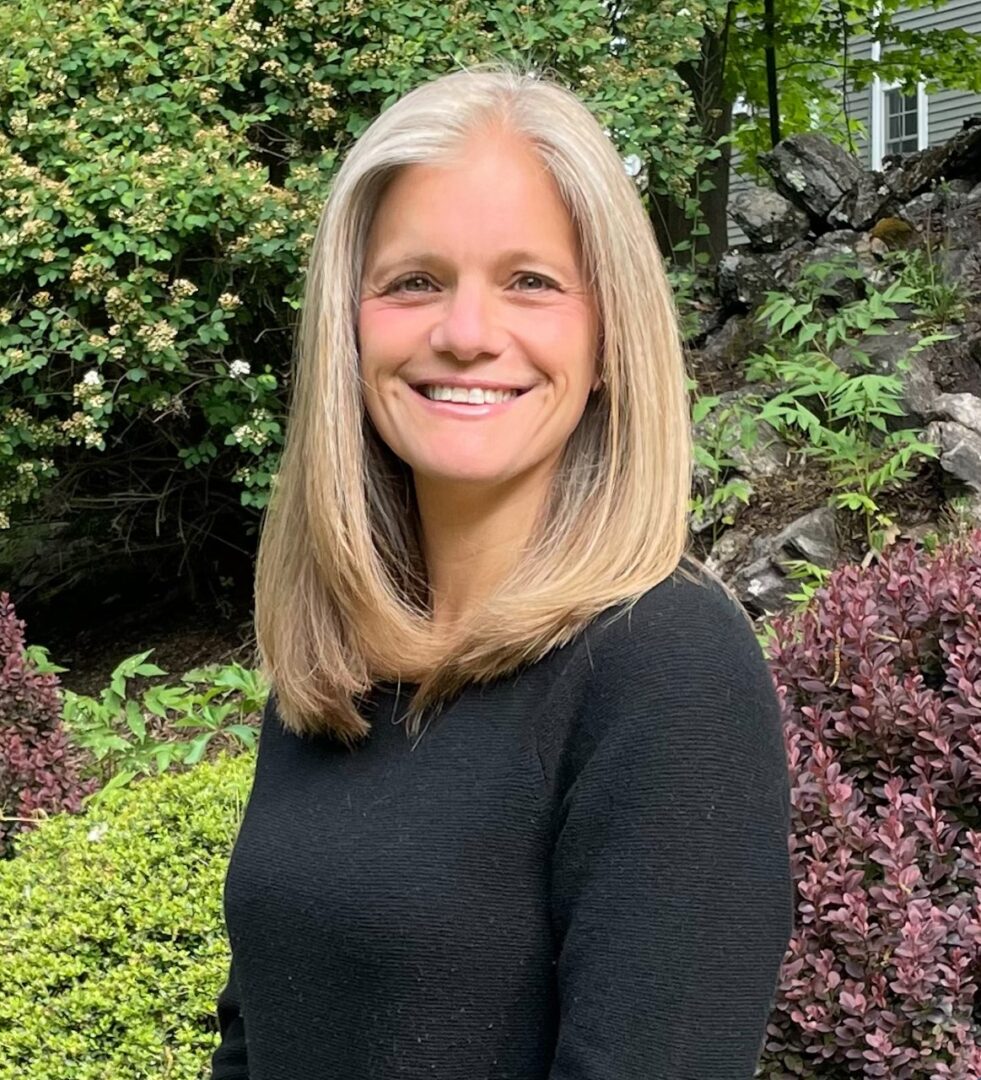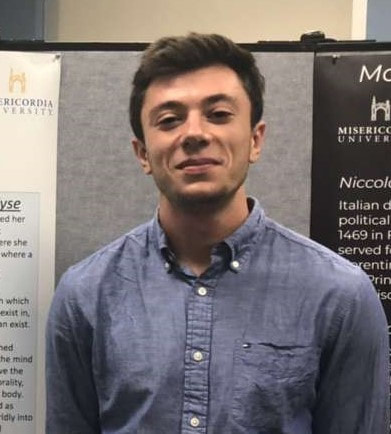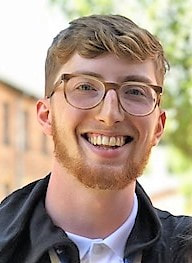Who We Are
The Benjamin Ferencz Institute for Ethics, Human Rights and the Holocaust (formerly known as the Maimonides Institute for Medicine, Ethics and the Holocaust) is a 501(c)3 not-for-profit organization dedicated to providing Holocaust programming that transcends international, intergenerational, interfaith and interprofessional boundaries to promote justice, tolerance, equality and human dignity for all people.
Our organization combines online and physically-based programming to reach a broad international audience. Our flexible approach combines traditional educational models with new, innovative techniques that utilize the increasing presence of digital media in modern society.
Benjamin Ferencz sought justice in the aftermath of the Holocaust and successfully prosecuted Nazi officers for their crimes against humanity at the Nuremberg Trials. His dedication to the pursuit of justice and respect for human dignity continued throughout his long and meaningful life. With the blessing of his family, we are honored to continue our longstanding work to educate, empower and advocate the next generation of moral leaders and decision makers as the newly renamed Benjamin Ferencz Institute for Ethics, Human Rights and the Holocaust.
Our name may have changed, but our purpose remains the same:
Remember the Past. Protect the Future. Act Now.
Don't leave a place the way you found it; leave it the way you would like to have found it."
—Benjamin Ferencz
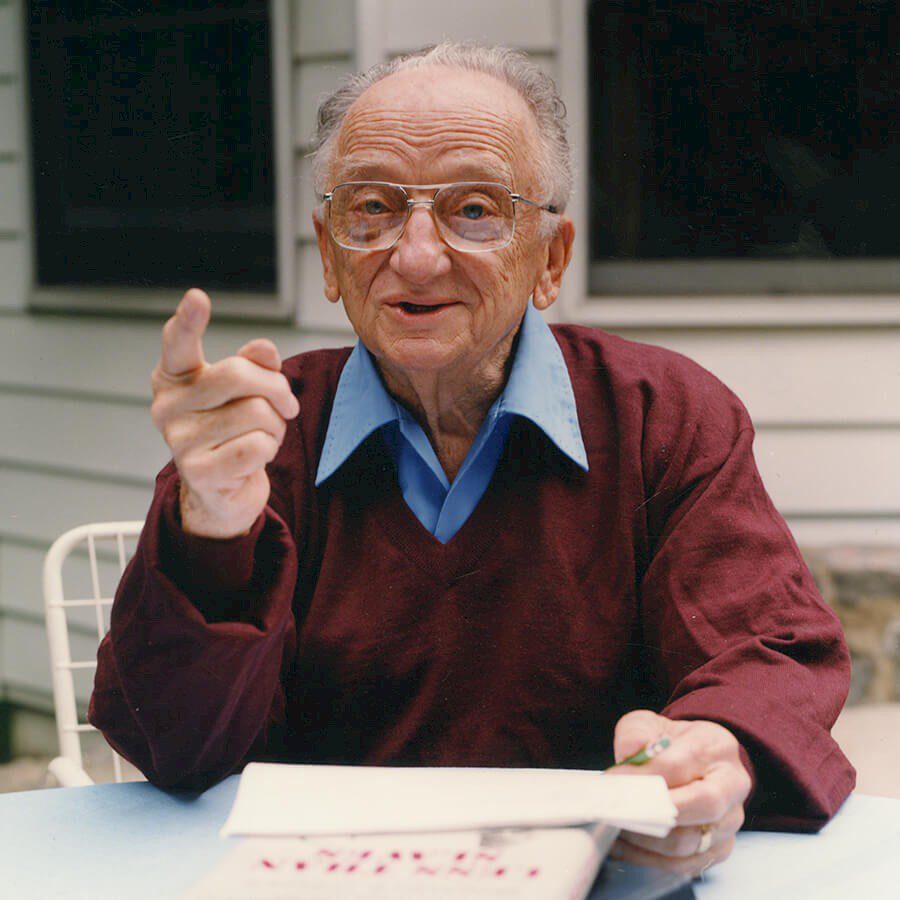
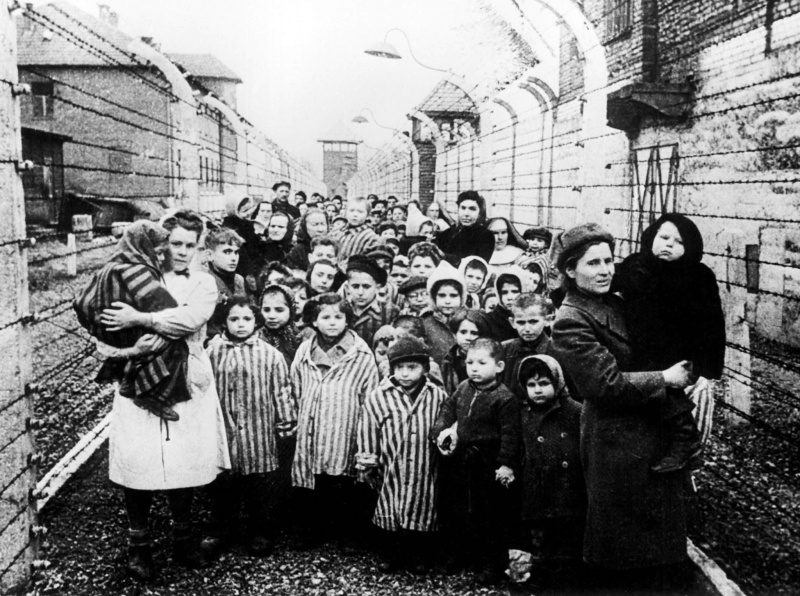
Why We Are Needed
In 2015, we founded the Maimonides Institute for Medicine, Ethics and the Holocaust with a mission of "educating the healthcare professions about the ways in which the power and promise of medicine were perverted during the Holocaust and what that can teach about the bioethical dilemmas we face today. In 2023, the world has struggled with challenges we never could have imagined in 2015 that call into question our core ethical values as a society. COVID-19 has resulted in proposed modifications to basic moral principles at varying levels within health care, politics, public policy, the media and the general public. Systemic inequalities that emphasize the hierarchy of human life that have long been present in society have come to the forefront of societal debate. At the same time, studies show an alarming rate in antisemitism and identity-based hate crimes and a troubling lack of knowledge regarding the Holocaust. How we deal with these extraordinary challenges we presently face will define our future. We must be able to use the lessons of the past to inform our current approach to the issues we are confronted with in society and promote justice, tolerance, equality, ethical practice and human dignity for all people.
What We Do
The Ferencz Institute will continue our work in the field of medical ethics, while also broadening our scope of programming and our audience, which we feel is necessary to respond to increased antisemitism, Holocaust distortion and identity-based hate crimes. Our programs will focus on educating the next generation about the essential task of understanding our past and the moral imperative to stand up and speak out when injustice is present. We will provide opportunities to empower young people to become upstanders and active agents of social change. Through a combination of scholarship, national and globally-based programming and outreach efforts, we will focus not only on traditional Holocaust education but also on the link between the Holocaust and current instances of social injustice to ensure that the lessons of the Holocaust remain relevant for current and future generations.
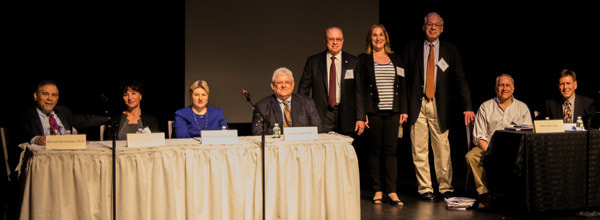
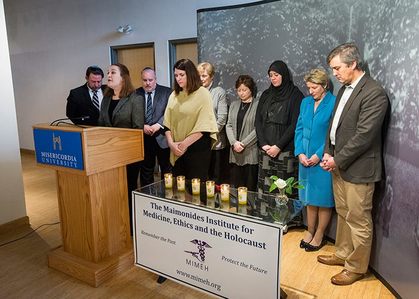
How We Do It: Goals and objectives The ferencz institute will be comprised of four different core areas that use the holocaust as the historical framework to promote justice, tolerance and equality.
These areas include:
- Traditional Holocaust education, which focuses on history and survivor testimony
- Professional Ethics (e.g. medical, legal, journalistic, political), which examines how we as a society determine and agree upon ethical standards of behavior and what do to when these are being threatened
- Social Justice and Advocacy, which educates the next generation about the importance of standing up and speaking out when injustice is present. This area will also provide experiential opportunities meant to empower future leaders to become upstanders and agents of social change.
- Human Dignity and Human Rights, which emphasizes how best to promote tolerance, equality and dignity throughout the United States and globally so as to ensure that "Never Again" is more than just a rallying cry
These goals and objectives will be accomplished through the creation of partnerships with like-minded organizations and the creation of accurate, accessible multi-media curriculum that can be accessed by students and educators throughout the world and incorporated into a variety of educational modalities.
Staff
Stacy Gallin, Founding Director, Acting Chair of the Board
Dr. Gallin, DMH, founded MIMEH in 2015 as a way to use the lessons of the Holocaust to inform current issues in society and educate and empower the next generation to become ethical leaders. She serves as a member of the Governing Council for the International Chair of Bioethics (WMA Cooperation Centre), where she is also the Co-Chair of the Department of Bioethics and the Holocaust and a faculty member for the Department of Education. Dr. Gallin is a Senior Fellow at the Center for the Study of Law and Religion at Emory University and a contributing editor for the Globe Post. She earned her doctoral degree in Medical Humanities from Drew University in 2012, and subsequently taught courses on Bioethics and the Holocaust and Human Subject Research Ethics as well as organized an international conference on Bioethics and the Holocaust.
In April 2021, Dr. Gallin organized and directed “Medicine and Morality: Lessons from the Holocaust and COVID-19,” which featured international scholars including Dr. Albert Bourla, the CEO of Pfizer, and Dr. Anthony Fauci, Director of the US National Institute of Allergy and Infectious Diseases and Chief Medical Advisor to US President Biden, discussing the nexus between medicine, ethics, and the Holocaust and how lessons learned from the past have been incorporated into the handling of COVID-19. Dr. Gallin is currently working with the USC Shoah Foundation to develop new and innovative educational programming, including a first-of-its-kind clearinghouse for resources and tools for education and research related to medicine, ethics, and the Holocaust.
Ira Bedzow, Co-Director
Ira Bedzow, PhD, is the executive director of the Emory Purpose Project, one of the signature elements of Emory University’s Student Flourishing Initiative, whose mission is to unite diverse partners across the Emory community in providing opportunities for students to develop a muscle for reflection on purpose and meaning. He is also an Associate Professor in the Department of Medicine, a core faculty member of Emory’s Center for Ethics, a senior fellow in the Center for the Study of Law and Religion, and the unit head of the International Chair in Bioethics at Emory University. Dr. Bedzow is also Senior Scholar of the Aspen Center for Social Values, and a regular contributor in Forbes.
Dr. Bedzow received his Ph.D. from Emory University, an M.A. from Touro College, an M.A. from the University of Chicago and a B.A. from Princeton University, as well as rabbinic ordination (Yoreh Yoreh and Yadin Yadin).
His interests relate to understanding the ethical implications of biotechnology and healthcare policy as well as how organizations can create an ethical culture through values-driven leadership. When it comes to ethical leadership, he tries to show that making a values-driven decision and implementing it effectively consist of different skills and face different challenges. Understanding the difference between asking “what to do” and “how can I act on my values successfully” is key to leadership and organizational success.
Tessa Chelouche, Co-Director
Tessa Chelouche, M.D, is the Co-Chair of the Department of Bioethics and the Holocaust of the International Chair in Bioethics (WMA Cooperation Centre). She is a family physician and director of a primary care family medical practice. She has served as Co-Director and Lecturer of a pre-graduate course for medical students on "The Study of Medicine and the Holocaust" at the Rappaport Faculty of Medicine at the Technion Institute in Haifa, Israel for over 10 years. She is one of the authors of The Lancet Report on Medicine, Nazism and the Holocaust: Historical Evidence, Implications for Today, Teaching for Tomorrow, to be published in November 2023.
Originally from South Africa, Dr. Chelouche has lived in Israel for over 40 years. A renowned scholar of medical history, she has published numerous articles on the subject of Medicine and the Holocaust including a "Casebook on Bioethics And the Holocaust" as part of the International Chair in Bioethics' educational casebook series.
Amanda Caleb, Educational Consultant
Amanda M. Caleb, PhD, MPH, is professor of medical humanities at Geisinger Commonwealth School of Medicine. She received her PhD in English and MA in Nineteenth-Century Studies from the University of Sheffield and her BA in English from Davidson College. She serves as the membership chair for the Health Humanities Consortium, is a steering committee member for the Department of Bioethics and the Holocaust for the International Chair of Bioethics (WMA Cooperation Centre). She specializes in the intersection of literature, medicine, and science, specifically in the nineteenth- and twentieth centuries.
She has published several articles on science, medicine, and literature, specifically on the works of H.G. Wells, Arthur Machen, and Robert Louis Stevenson, and was editor of (Re)creating Science in Nineteenth-Century Britain (Cambridge Scholars Publishing, 2007).
Jessica A. Rosh,
Educational Consultant
Jessica received her Juris Doctor from New York Law School. She earned an Advanced Certificate in Medical Ethics from New York Medical College where she is an Instructor of Medical and Inter-Professional Ethics, teaching medical and dental students to engage in ethical decision-making and to take action based on ethical principles and frameworks. Jessica also earned an Advanced Certificate in Bioethics and Medical Humanities from Albert Einstein School of Medicine and Benjamin N. Cardozo School of Law, where she is currently completing her Master of Science in Bioethics. She earned her Bachelor of Arts in Psychology from Boston University.
Jessica serves on the Board of Directors of the Make-A-Wish Foundation, Hudson Valley Chapter, where she monitors performance benchmarks that drive the mission and vision of the Foundation, ensuring accountability and maintaining legal and ethical integrity. She is also a Wish Granter, granting the wishes of children with life-threatening medical conditions.
Emerging Scholars
Sidney Kabinoff, Emerging Scholar 2020-2021
Sidney Kabinoff is a senior at Misericordia University double majoring in Medical and Health Humanities and Philosophy. He has been a member of the Advisory Board for the Center for Human Dignity in Bioethics, Health, and the Holocaust at Misericordia for two years, where he has taken an active role in programs such as the Reading of the Names of the Victims of the Holocaust.
Sid believes that, "Given all that can be misconstrued in contemporary political climates and the media, using the Holocaust to demonstrate the necessity of an objective human dignity is absolutely paramount." Sid will be working with MIMEH to develop resources to engage the younger generation and help encourage them to take an active role in education and issues of social justice regarding bioethics and the Holocaust.
Cal Freundlich, Inaugural Emerging Scholar 2018-2019
We are pleased to introduce Cal Freundlich, our Inaugural Emerging Scholar. Cal is a rising junior at Davidson College in North Carolina. He is a Music and Media major and a member of Davidson's Division I basketball team. Cal joined MIMEH on our summer 2018 trip to Auschwitz-Birkenau, where he was "reminded of the responsibility that we, as young people, have to be leaders of our generation and ensure that human dignity and equality are protected."
Cal will be scoring the music for the documentary MIMEH is producing based on our trip. In addition, he will be contributing posts to MIMEH's blog and working with established scholars in the field to help foster his desire to become an active agent of social change.
Advisory Board
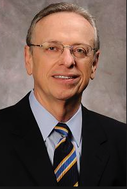
Raul Artal, M.D.
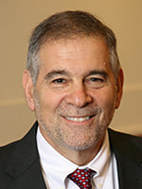
Michael Berenbaum, Ph.D.
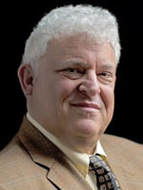
Arthur L. Caplan, Ph.D.
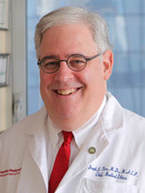
Joseph Fins, M.D., M.A.C.P.
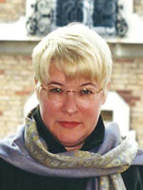
Susan M. Miller, M.D., M.P.H., F.A.C.P.
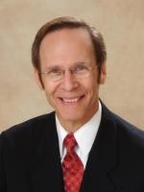
Sheldon Rubenfeld, M.D., F.A.C.P.
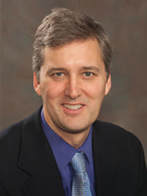
Matthew, Wynia, M.D., M.P.H., F.A.C.P.
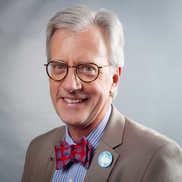
David Urion, M.D., FAAN
Board of Directors
Stacy Gallin, Acting Chair
Dr. Alan Friedman
Dr. Susan Miller
John Zitel

